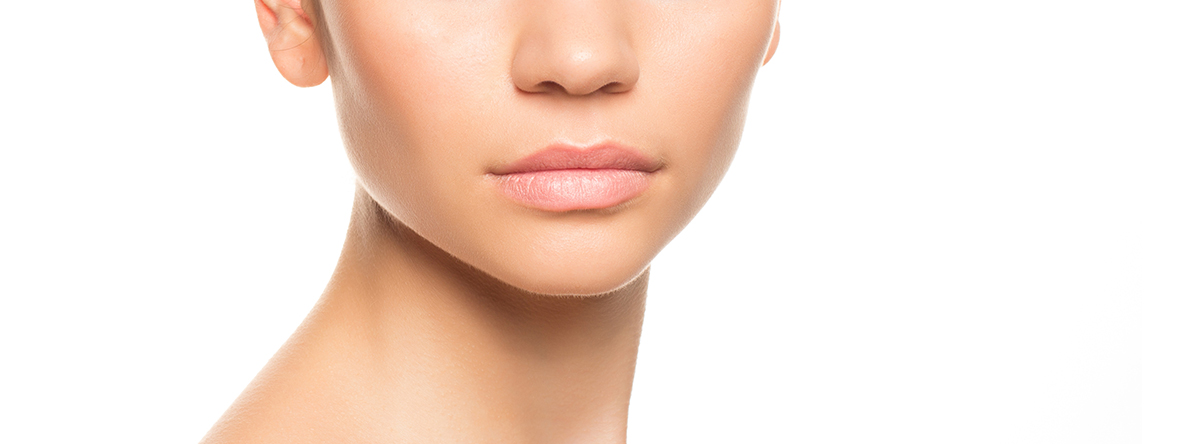Dermal Fillers plump up creased, furrowed, or sunken skin and are used primarily to fill wrinkles, lines and scars on the face and sometimes the hands, neck, back and chest.

Frequently Asked Questions
How do Dermal Fillers work?
Dermal Fillers are a naturally occurring protein that provides support to various parts of the human body: the skin, the joints, the bones and the ligaments. Injectable collagen is derived from purified bovine collagen. The purification process creates a product similar to human collagen and is produced in various thicknesses to meet individual patient needs.
Will I need Anesthesia for Dermal Fillers?
Because the anesthetic agent lidocaine is typically mixed in with collagen, additional anesthetic is usually not used. However, if you are especially sensitive to pain, your doctor may use a topical cream anesthetic or a freon spray to numb the injected area. Or, you may elect to have an injected local anesthetic or sedative drugs. If a local anesthesia has not been used, you may feel some minor stinging or burning as the injections are administered.
How long does the Dermal Fillers treatment last?
In some individuals, the results may last only a few months; in others, the results may be maintained indefinitely. Researchers believe that age, genetic background, skin quality and lifestyle, as well as the injected body site may all play a role in the injected material's "staying power." However, the precise reason for the variation of results among patients has yet to be identified.
What are the risks, complications and side effects of Dermal Fillers?
When injectables are administered by a qualified plastic surgeon, complications are infrequent and usually minor in nature. Still, individuals vary greatly in their anatomy, their physical reactions and their healing abilities. The outcome of treatment with injectables is never completely predictable.
Risks not necessarily related to allergies include infection, abscesses, open sores, skin peeling, scarring and lumpiness, which may persist over the treated area. Reports of these problems are very rare.
Before Your Procedure
Be sure to inform your doctor of your medical history, known allergies and all medications, vitamins and/or herbal supplements you are currently taking before having collagen injections. Skin should be healthy and free of any infection or irritation around the planned injection sites.
After Your Procedure
Immediately following treatment, you may notice some minor discomfort, stinging or throbbing in the injected area. An over the counter pain reliever may be taken to alleviate discomfort.
Occasionally some bruising or swelling will occur, but it is usually minor. Any redness that appears in the injected site usually disappears within 24 hours. However, in some individuals, particularly fair-skinned patients, this redness may persist for a week or more. Tiny scabs may also form over the needle-stick areas; these generally heal quickly.
The duration of results from Filler injections is variable and not permanent. Filler longevity depends on the patient's lifestyle and physical characteristics as well as the part of the body treated. In general, the injected material is likely to disappear faster in areas that are more affected by muscle movement.
Normal daily activities can be resumed immediately after treatment. You are free to eat, drink and wear makeup with sunblock protection shortly thereafter.
Before & After Photo Gallery
View Before & After Images of ddermal fillers performed by Dr. Cho.
Schedule a Consultation With Dr. Cho or Dr. Schulz
Please call us at (808) 522-4370 or email us